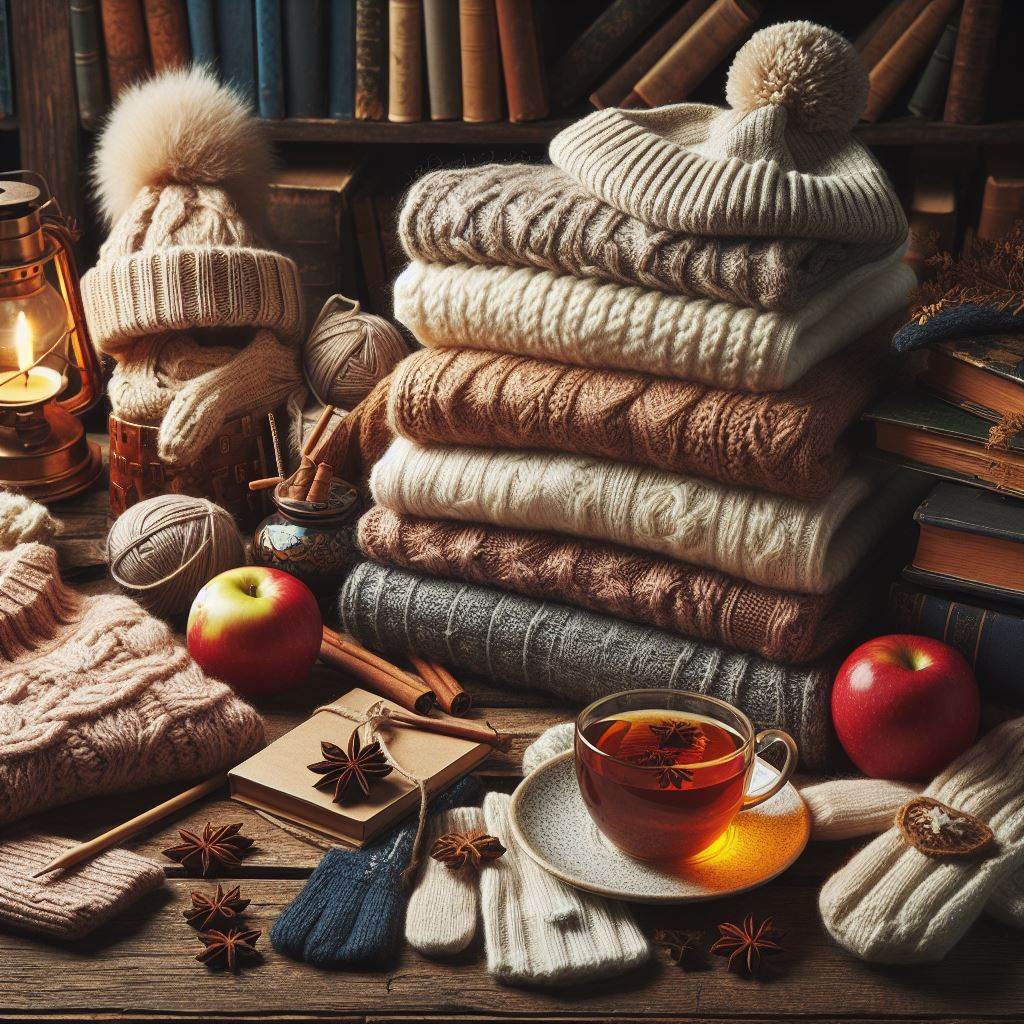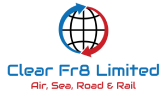Importing Knitwear to the UK: A Comprehensive Guide
Knitwear has long been a staple in the fashion industry, providing warmth, comfort, and style. The United Kingdom (UK) has a thriving market for knitwear, with a strong demand from consumers for high-quality, fashionable garments. This comprehensive guide explores the process of importing knitwear to the UK, including key considerations, market trends, legal requirements, and the potential benefits and challenges associated with entering this lucrative market.
Importing knitwear to the UK can be a profitable business, but it is important to be aware of the regulations and requirements. Knitted garments must meet the standards set by the UK government, including safety and labeling requirements. Importers must also pay customs duty and VAT on imported knitwear.
The Appeal of Knitwear in the UK
Knitwear holds a special place in the hearts of UK consumers, who appreciate its versatility and timeless appeal. From cozy sweaters and cardigans to fashionable accessories like scarves and beanies, knitwear is a wardrobe essential, particularly during the colder seasons. The UK's temperate climate and fashion-conscious population make it an attractive market for imported knitwear. Understanding the Market and Consumer Trends
Transparency in the supply chain is important to ensure traceability and uphold ethical sourcing standards. Collaborate with suppliers who can provide information about the origin of materials, manufacturing processes, and supply chain certifications, such as Global Organic Textile Standard (GOTS) or Fairtrade.
Benefits of Importing Knitwear to the UK
Importing knitwear to the UK offers several advantages for businesses:
Access to Global Knitwear Market: Importing allows you to tap into a diverse range of knitwear styles, designs, and materials from around the world. This widens your product offerings and gives you a competitive edge in the UK market.
Cost Efficiency: Importing knitwear from countries with lower production costs can often result in cost savings. However, it's important to strike a balance between price and quality to ensure that the knitwear meets the expectations of UK consumers.
Innovation and Differentiation: By importing knitwear, you can introduce unique designs, innovative patterns, and textures that may not be readily available in the local market. This allows you to differentiate your offerings and attract customers looking for distinctive knitwear options.
Collaboration Opportunities: Importing knitwear opens doors for collaborations with UK retailers, designers, and fashion brands. Building partnerships and supplying knitwear to established players in the UK fashion industry can lead to increased visibility and market opportunities.


DOCUMENT REQUIREMENTS
- Certificate of Origin
- Bill of Lading
- Packing List
- Commercial Invoice
- Customs Clearance

